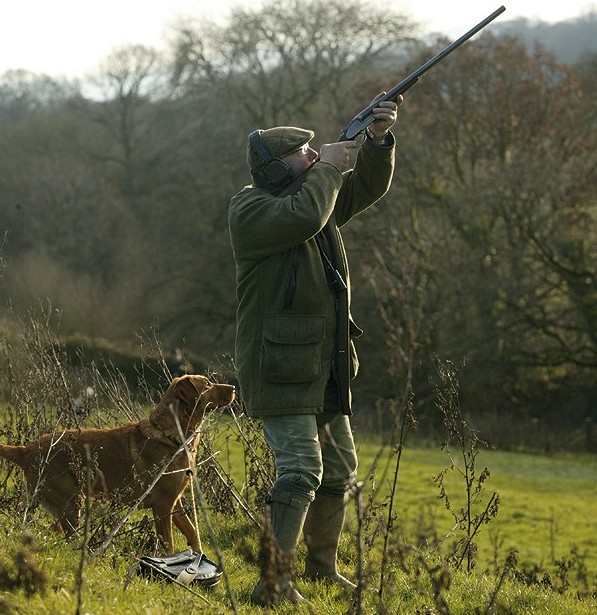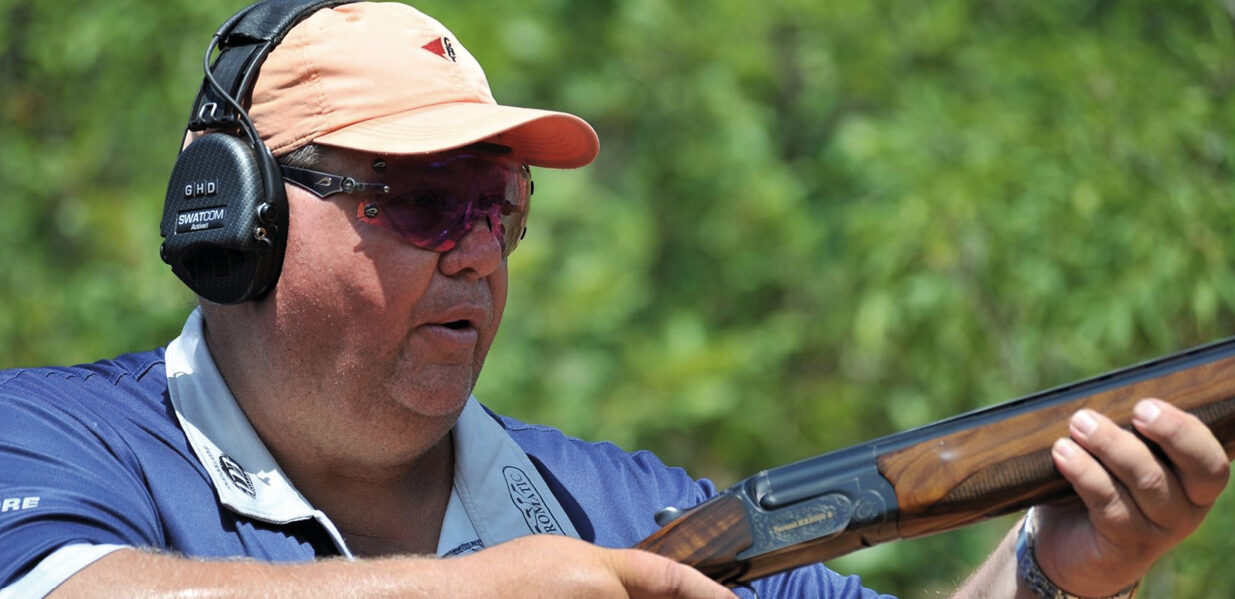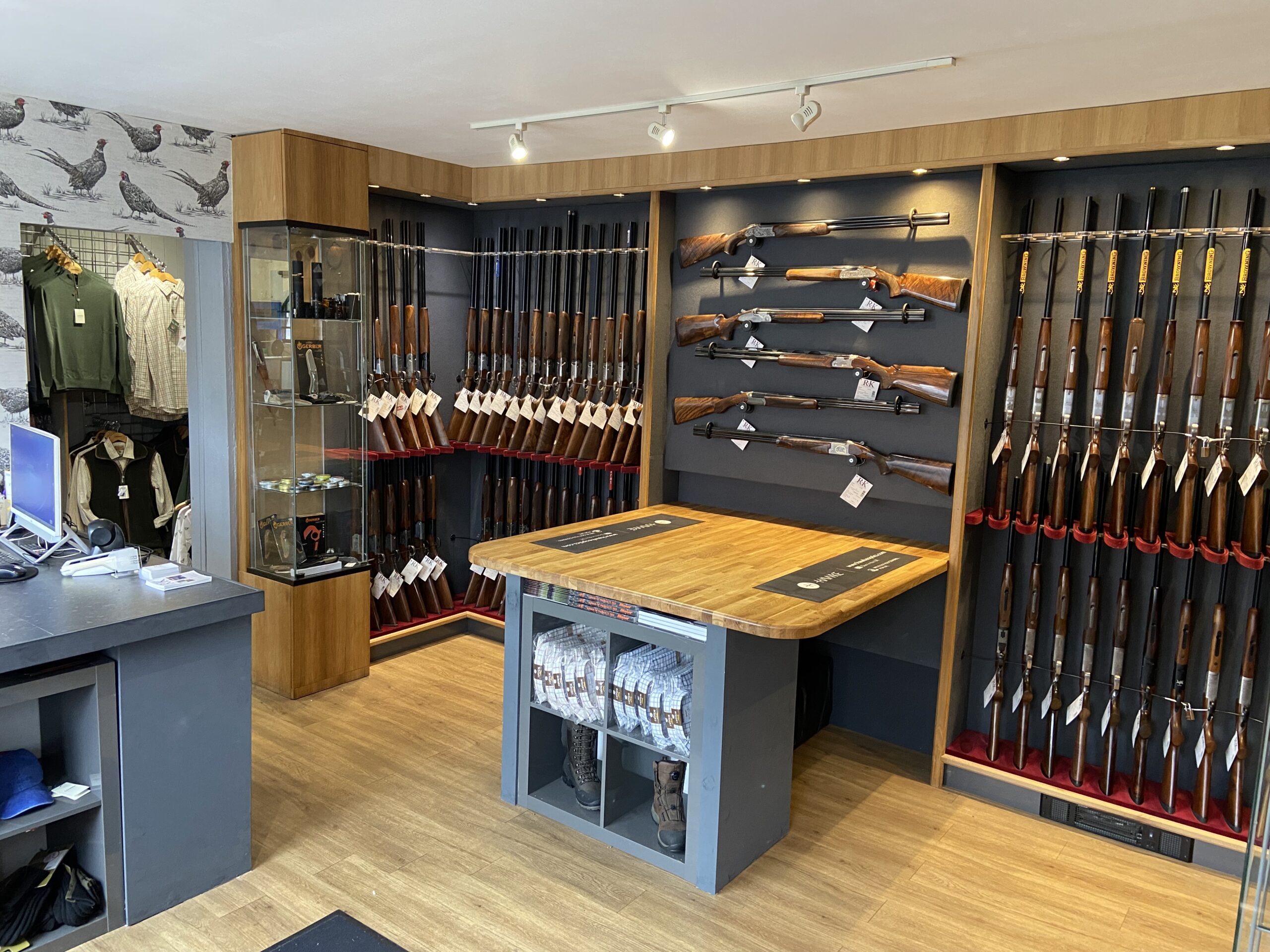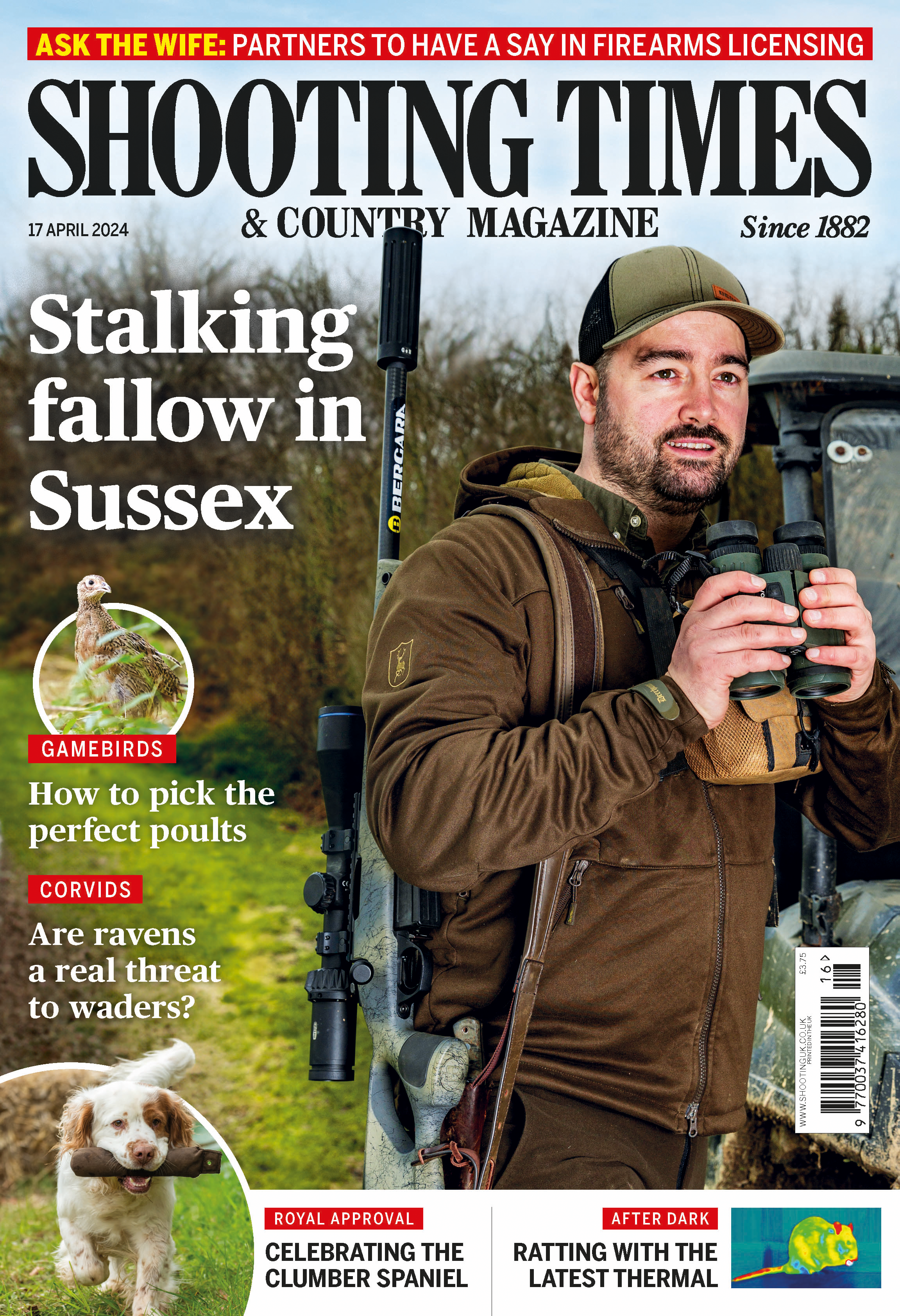Firearms Law: Common sense in the Commons

Shellards Shoot, Somerset
The Home Affairs Committee?s (HAC) report on firearms control was published on 20 December, only a month after its final oral evidence session. That is a remarkable achievement and I take my hat off to the clerks who will have had to pull it all together so quickly. The Rt Hon Keith Vaz MP chaired the evidence sessions with charm and courtesy to all and most HAC members approached the inquiry with open minds. It says much for the committee?s approach that it made a fact-finding trip to Bisley to see shooting sports in action and to meet medallists. Shooting sports are referred to throughout the report in positive terms and emphasis is placed upon the fact that lawfully owned guns seldom feature in crime. The more than 900 responses from shooting interests clearly unconvinced the committee of the value and respectability of shooting in the UK. That is an achievement of which the shooting community can be proud.
It?s important to remember that the Government is not obliged to accept any of the HAC?s recommendations. Equally, it does not have to agree with its conclusions. The report should not be regarded as a blueprint for new laws or administrative changes.
Causes for concern
The HAC supports an agreement between the British Medical Association (BMA) and the police that an applicant?s GP will be alerted on certificate grant or renewal. This is light years away from the proposal to tag medical records and is something that the shooting community could live with.
The extension of prohibited person status to those sentenced to custodial sentences shorter than three years may be problematic. The system has not been shown to have failed ? it leaves such discretion to HM judges, which is proper.
The HAC also recommends that there should be a consultation about whether or not current or former domestic spouses/partners should be interviewed as part of the inquiry process. If this happens, the shooting community must lobby hard to see this rejected.
The raising of fees to cover reasonable costs of licensing cannot take place until there is consistency of police practice and those reasonable costs have been properly identified.
The most worrying recommendation is that shotguns should be subject to the same controls as Section 1 firearms such as sporting rifles. The HAC believes that this can be undertaken in such a way as to avoid undue restrictions on the use of shotguns. I don?t share that belief. Section 1 certification is a bureaucrat?s delight, with all kinds of petty restrictions that concentrate on the gun and not the person applying for it. A previous select committee made the same proposal in 2000. It was not acted upon then and the shooting community needs to lobby hard to ensure that this damaging proposal does not become law. We are helped by the police admission that there is scant evidence to justify this change. For scant, read ?none?.
A one-line whip
The long-awaited debate in the Commons on firearms control began at 6.22pm on 20 December, only 18 hours after the publication of the HAC report. The timing of the debate speaks volumes about the importance ? or lack of it ? that the Government attaches to firearms legislation. Pressing political matters are not debated the evening before the House rises for the Christmas recess. Vital business is never on a one-line whip, which, in layman?s terms, means ?turn up if you feel like it and vote how you please?.
Policing and criminal justice minister Nick Herbert opened the debate and also immediately gave way to Jamie Reed, MP for Copeland, the constituency where the Cumbria murders took place. He was disappointed that the debate was taking place in a near-empty chamber and in a Parliament that had gone home for Christmas. The minister pressed on and reminded the House that gun crime was rare in the UK and that it was committed in the main by people using illegal firearms. Mr Reed came back and asked if the minister agreed that gun laws needed to be tightened. The minister disagreed that a wholesale review of gun laws was necessary and that the Government would not produce a knee-jerk reaction to these events.
The debate passed to the Opposition, with a measured response from shadow minister Diane Johnson on the pros and cons of the ?GP involvement? issue. She hoped that the Government would see the positive role that shooting could have for young people. She knocked the question of a single certificate firmly into the Government?s court, while supporting stronger enforcement to curb airgun misuse. I was heartened to hear her make a quote from the BASC brief, which went to all MPs.
Several backbench MPs spoke in support of shooting. Michael Ellis, MP for Northampton North, warned against increasing the legislative burden and advised: ?If it is not broken, don?t fix it.? In a similar vein, Dr Therese Coffey, MP for Suffolk Coastal, gave a spirited defence of shooting, saying that tighter controls would probably not prevent crime, but would hinder legitimate users. Heather Wheeler, MP for South Derbyshire, a shotgun certificate holder herself, highlighted the difference between rural and urban attitudes to firearms. She was against changing the licensing system for shotguns and stressed the need to prevent pressure groups attacking our sporting tradition. Justin Tomlinson, MP for Swindon North, emphasised the positive effect on young people that came from organisations ? such as the cadets ? that taught responsible firearm use.
An unexpected ally
Shooting sports had two heavyweight supporters in the form of Tobias Ellwood, MP for Bournemouth East, and Simon Hart, MP for Carmarthen West. Mr Ellwood had been extensively briefed by the British Shooting Sports Council, of which he is a vice president. He presented a wide-ranging defence of shooting sports, stressing the size of the illegal gun problem, while supporting a consolidation bill. He was in favour of the Association of Chief Police Officers (ACPO)/BMA agreement on notifying GPs on certificate grant or renewal, but stated that ?tagging? was a step too far and said that several issues (such as suspended sentences and consultation of spouses) were still unclear and needed analysis. He spoke against Section 1 controls for shotguns, pointed out that ?guidance? needed updating and that training for firearms inquiry staff was still not in place.
Simon Hart argued the case for young Shots and the way that shooting was an integral part of rural life and the rural economy. He reiterated the argument against medical tagging (insecure and disproportionate) and spousal consultation in certification. He stressed how raising shotguns to the Section 1 regime would devastate the gun trade and put a burden on the police licensing resources. In his view, none of the HAC?s proposals would have prevented or otherwise affected the tragedies of Hungerford, Dunblane or Cumbria.
The most remarkable ? and wholly unexpected ? contribution in support of shooting came from Keith Vaz. He said that the HAC report was not an attack on
anybody and conceded ignorance of the subject when he began the inquiry. The visit to Bisley had been immensely valuable and he ?no longer needed to be convinced of the importance of this sport.? On age limits, he said the committee took no particular view, so it became a matter for Government. There had been a debate in the committee about medical tagging, but they could live with the ACPO/BMA agreement. He accepted that legally owned firearms were rarely misused. His closing remark was: ?We do not want a disproportionate impact on a fraternity who pursue a sport in a perfectly legal fashion.?
The only speaker whose contribution was neither measured nor well informed was Chris Williamson, MP for Derby North. He is an extreme Left MP with an animal rights background and strong links to the League Against Cruel Sports. Stumbling through his Gun Control Network brief, Mr Williamson wanted guns to be banned immediately, deplored a society that allowed 5,000 children to hold certifi cates and wanted the life of a certificate reduced to two years with annual medical checks. He was challenged on the latter point by Dr Dan Poulter, MP for Central Suffolk, who said: ?We should not put an onerous burden on medical practitioners that will not necessarily be effective.?
An exemplary debate
Summing up, Home Office minister James Brokenshire said there would be a Government response to the HAC report in two month?s time. He said he had gained much food for thought from the debate and that ?all options are open for discussion?. The House resolved that it had considered the matter of firearms control and the debate closed at 9.40pm.
This was the most sensible debate on firearms that I have ever seen in Parliament. It was one of the few times when Parliament had a near consensus view that changes to firearms controls ? if any ? had to be proportionate, focused on real problems and achieved through measured and informed debate. It will sustain the Government?s position.
BASC will be lobbying hard in the next two months in the run-up to the Government?s response to the HAC report. That will take us into the next and most critical Parliamentary phase.








